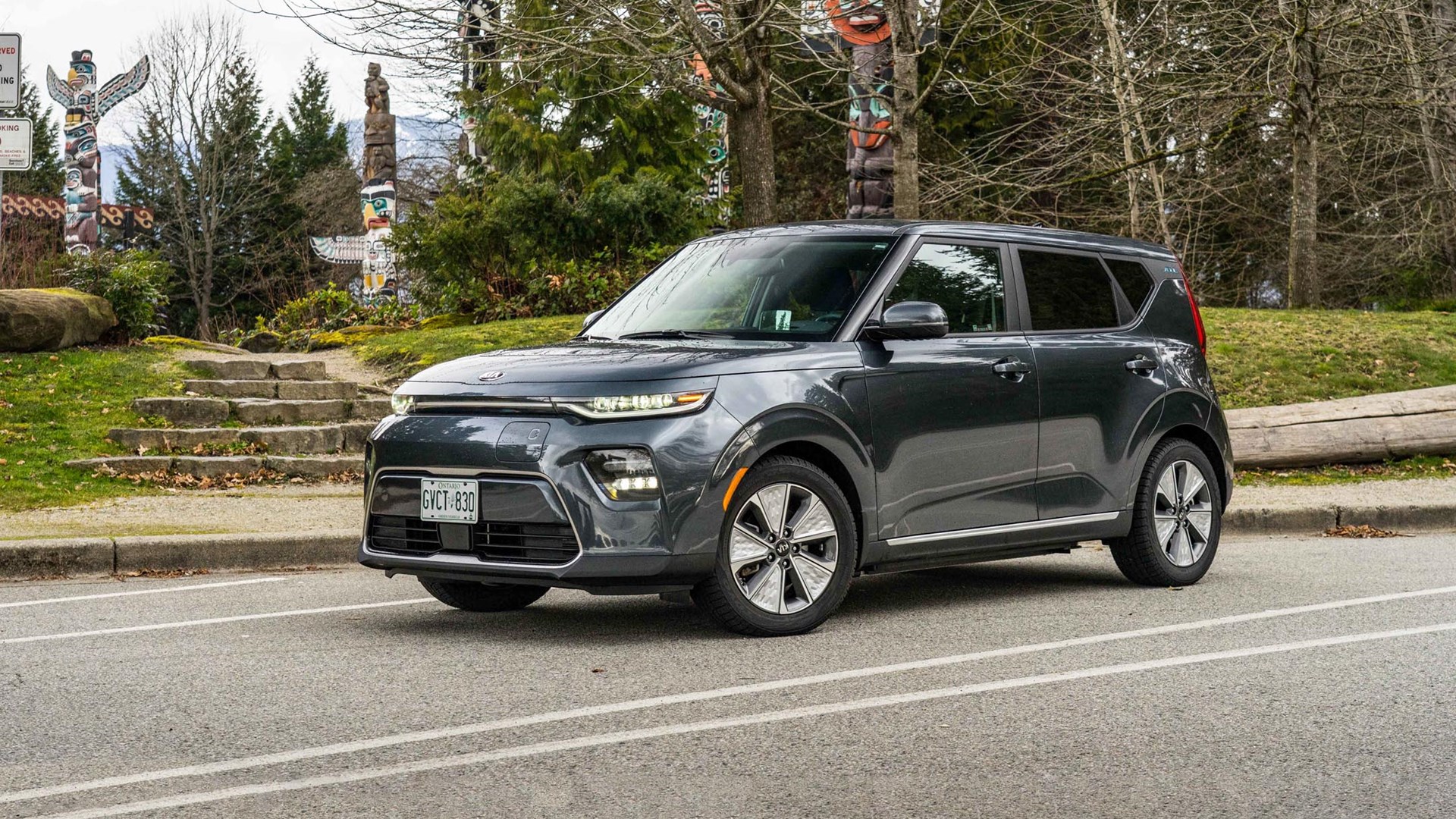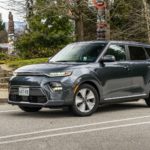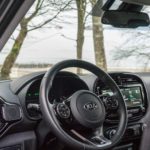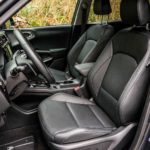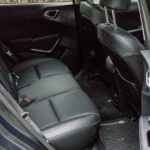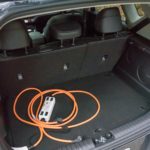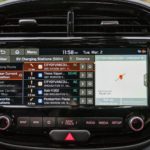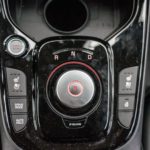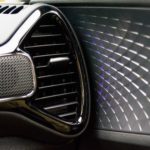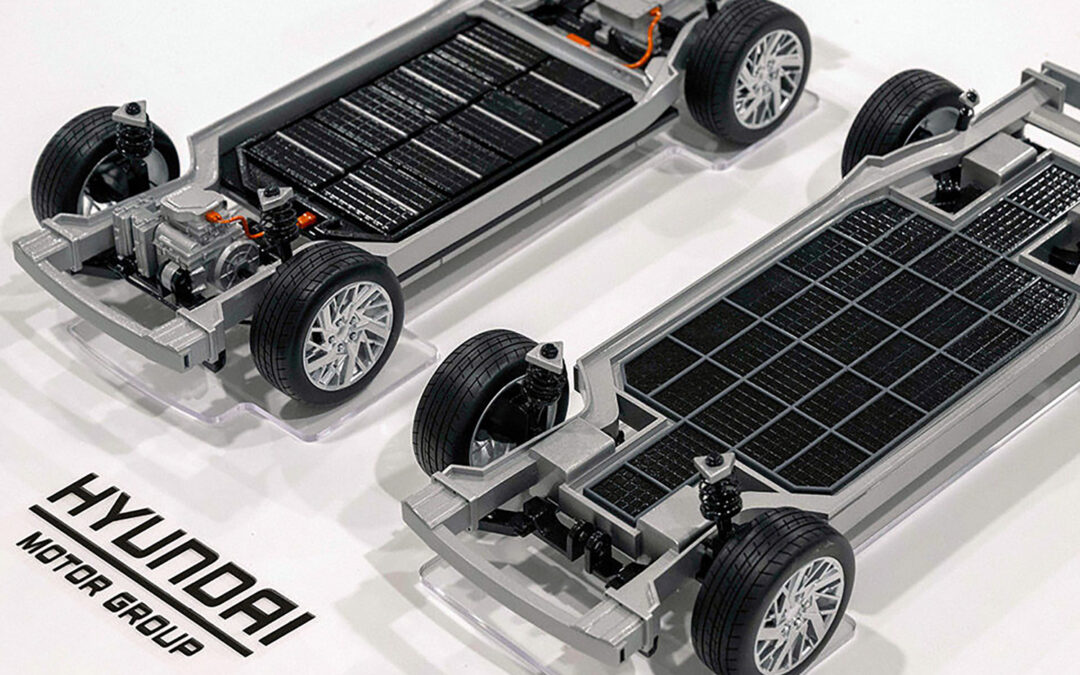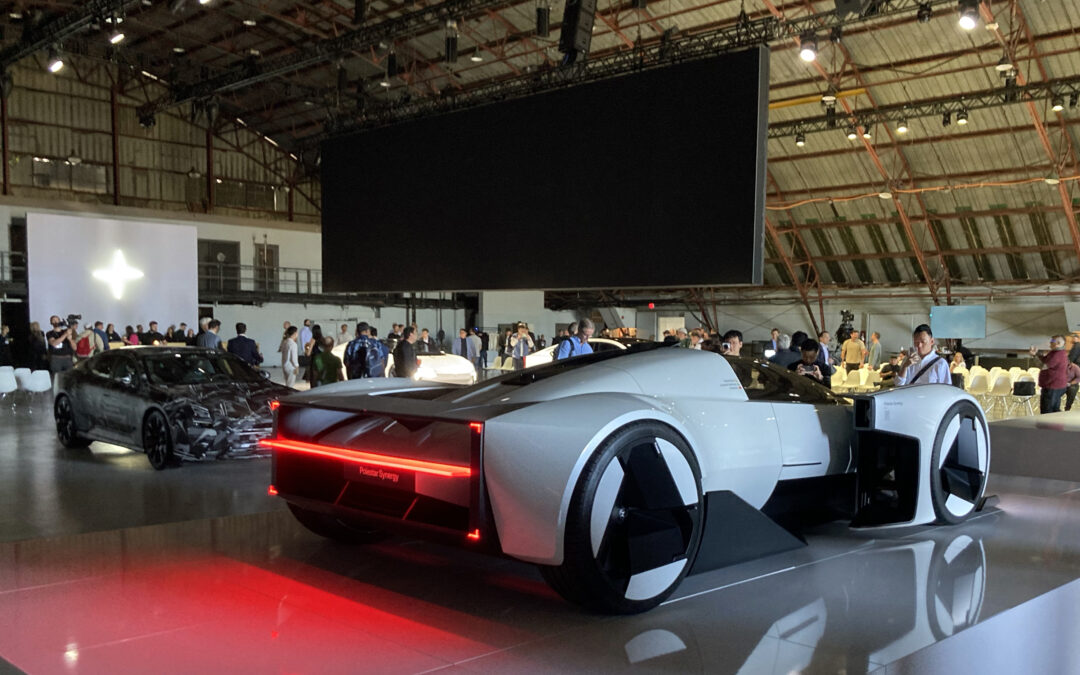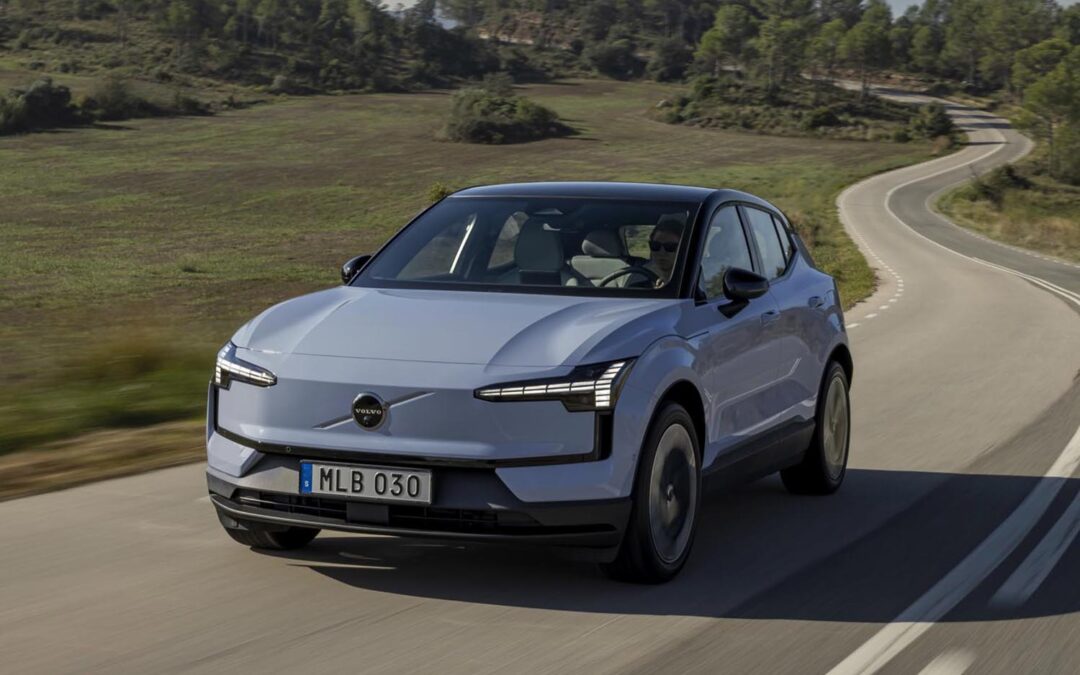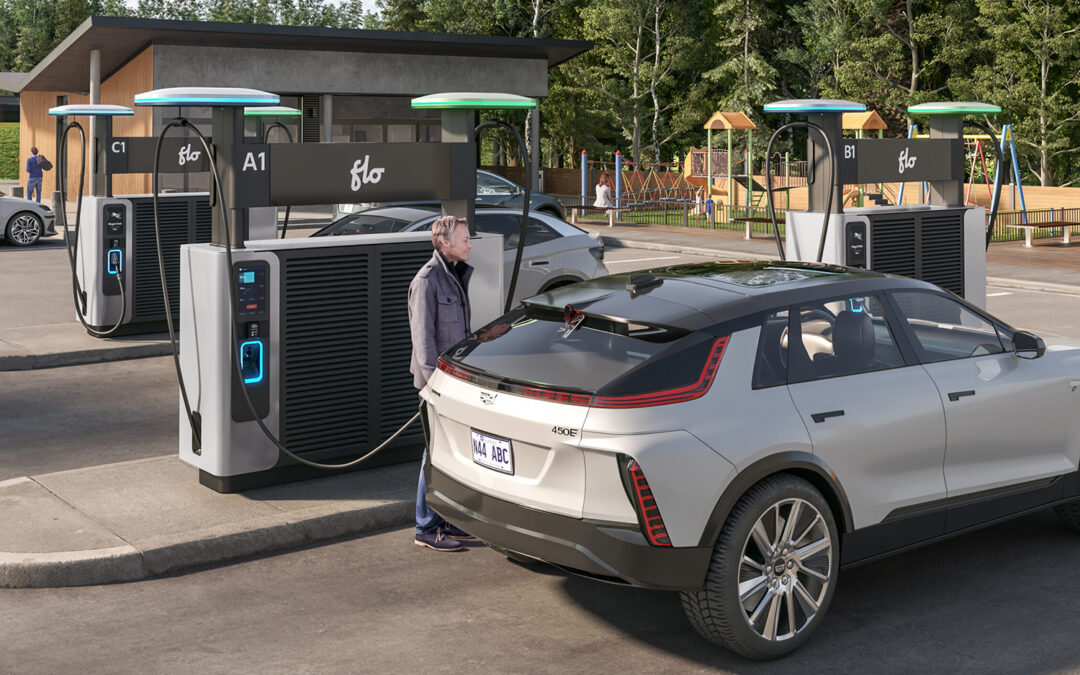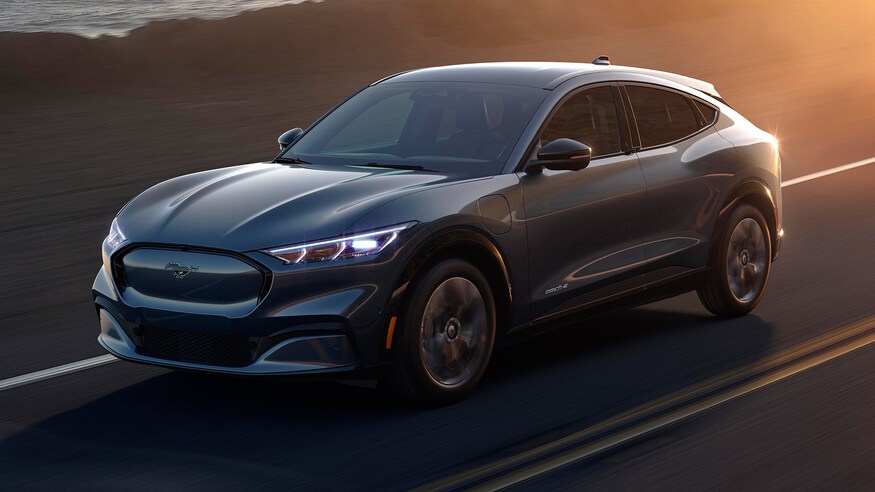Despite what the advertising copy says, cars don’t have souls.
They also don’t contain whatever “brand DNA” is supposed to be. Sometimes you can feel what the people who designed them thought was important. Sometimes you fold your own memories into the sheet metal as the years pass. But cars don’t have souls.
But they can be a Soul. Specifically, they can be a battery-powered hatchback that looks like a toaster designed by a Star Wars stormtrooper. The 2021 Kia Soul EV is a thoroughly modern tool, crammed with technology, engineered by teams of hundreds. It is a consumer product. It is a tool for transport. It does not have a soul.
It does, however, have a personality.
Power: 9/10
Limited grade versions of the Soul EV get an uprated 64-kWh battery – a third more juice than the base model. This gives the little car a huge amount of off-the-line boost, which is hilarious every time. Nearly 300 lb-ft of torque is what the best internal combustion-powered hot-hatches offer at their peak, so to have it instantly available is great fun.
In fact, the one drawback is that there’s a little too much torque. The Soul’s 201-hp rating is just fine, but it’s possible to inadvertently squeal the tires away from a stoplight, which is a bit embarrassing. Acceleration times are about 7.5 seconds from a standing start to 100km/h, but it’s the responsiveness and the instant torque that gets you grinning.
Driving Feel: 9/10
Being a tallish box, the Soul has good sightlines, and is easy to manoeuvre in traffic. The driver sits upright, and you don’t feel as overshadowed by regular traffic as you would in a sedan.
Further, managing regenerative braking via paddle shifters is just another way to make driving easier. In hilly North Vancouver, where most of my testing was done, maxing out regen on steep descents felt somehow more satisfying than riding the brakes.
Because the battery pack is mounted low, the Soul handles corners quite well. The tires are the limit rather than the chassis, and it’s as quick as anything in getting across town, or through a curvy mountain road.
The Soul EV doesn’t really encourage spirited driving, however. It’s fun to scoot off the line quickly, but once on the move, a relaxed driving style suits the car best. On the highway, it’s still a small car with flat surfaces, so wind noise can be an issue. Overall though, the Soul drives delightfully.
Fuel Economy: 10/10
Obviously, this Soul doesn’t actually use gasoline. It is, however, pretty efficient at consuming electric power, and got close to its stated range despite some chilly weather. On a full charge, Kia claims a range of 383 km, but the onboard display suggested more than 400 km was possible. Zipping around town, the remaining range was rarely thought of. If you have a home charger, you might never worry about range.
- 2021 Kia Soul EV
- 2021 Kia Soul EV
- 2021 Kia Soul EV
- 2021 Kia Soul EV
- 2021 Kia Soul EV
- 2021 Kia Soul EV
- 2021 Kia Soul EV
- 2021 Kia Soul EV
Value: 6/10
A punchy electric powertrain is fun, as is the feeling of green motoring. Federal and provincial rebates aside, it can’t be overlooked that the Soul EV is twice the price of the standard car. Even with lots of features included, a buyer has to really want an electric experience to buy one.
Practicality: 8/10
Despite the small footprint (which makes it easy to park and nimble in traffic), the Soul’s boxy layout is perfectly fine for a small family. Rear-seat passengers get excellent roominess, especially in terms of headroom. Cargo capacity is middling at 530 L.
User Friendliness: 8/10
While the Soul might have quirkiness to its exterior looks, its interior is very well thought out. The rotary shifter takes a bit of getting used to, but having easy control over your regenerative braking levels makes the driving experience more intuitive than a conventional car.
Further, there’s plenty of in-cabin storage, and a sharp-looking 10.25-inch touchscreen taking centre stage on the dash. The latter is split into three easy-to-use screens. Again, it’s all intuitive.
Last, Kia – along with sister brands Hyundai and Genesis – is a big fan of buttons and redundant knobs, and that makes the Soul EV even easier to live with. The powertrain may be the future, but one button press to get your seat heater going on a chilly morning is far better than sorting through touchscreen menus.
Features: 7/10
The premium paid for here is largely for the powertrain, but the top-level Soul EV does have everything you’d expect. A sunroof and leather seats are a must-have for some, there are rain-sensing wipers and a head-up display, the front seats are both heated and cooled, and there’s even ambient lighting. It’s a Kia, so there’s not much in the way of badge prestige, but the amenities qualify as comprehensive.
Safety: 9/10
Both versions of the Soul EV have a host of passive and active safety measures, and earn a top safety pick rating from the Insurance Institute for Highway Safety (IIHS). Expected driver aids include blind-spot monitoring, lane-keeping assist, and forward collision warning. There’s also adaptive cruise control.
Beyond the electronic aids, the Soul’s boxy shape gives it good outward visibility, and the available head-up display means you can keep your eyes on the road. It also has enough of a punch to merge into traffic quickly, yet encourages a driver to take their time.
- 2021 Kia Soul EV
- 2021 Kia Soul EV
- 2021 Kia Soul EV
- 2021 Kia Soul EV
- 2021 Kia Soul EV
- 2021 Kia Soul EV
- 2021 Kia Soul EV
- 2021 Kia Soul EV
Comfort: 9/10
Combining an upright seating position with an airy cabin and heated and cooled seats makes the Soul just a pleasant place to be in all kinds of weather. It also rides well, and the electric drivetrain means it’s quiet. There’s little to complain about here.
The only demerit is the physics of a short wheelbase and tall, flat sides at freeway speeds; it’s not as relaxed here. The Soul EV works better as a shorter-range machine through the week rather than a long-distance highway commuter. That’s a minor quibble, though, and you could easily use it for all kinds of commutes.
Styling: 8/10
The original Kia Soul embraced its boxy nature, and was somewhat prescient in doing so. Compact crossovers weren’t as ubiquitous in 2008 as they are now, and vehicles like the Soul led the way.
This new one is somewhat gawp-mouthed, and maybe a bit too serious-looking from the front. The best angle is from the rear, where the upward-swooping LED taillights create a signature look. In fact, the slim LED lighting, front and rear, does a lot of the heavy lifting here to make the Soul look up to date.
Boiled down to its essence, the Soul is a boxy little car, but its stylists have done well to make it look modern. A dash more fun wouldn’t go amiss.
The Verdict
On paper, the Kia Soul EV is a mish-mash of attributes. It’s simple and boxy, relatively affordable (by EV standards), loaded with features, and surprisingly quick. It’s also very comfortable around town, doesn’t really encourage spirited driving, and offers minimal prestige despite the price.
The part that’s difficult to quantify is just how likeable this little car is. It’s why it needs a friendlier face. If the Soul EV had the looks of a Honda e sold elsewhere in the world, people would be falling over themselves to buy one. Kia has built a really enjoyable machine here – one that anyone can warm to. Even if you’re a diehard combustion engine performance enthusiast, you could still consider daily driving this happy little box and just having a project car for weekends. It’s just the pricing that has to come in line.
This sort of machine is what will truly increase mass EV ownership, not headline-grabbing straight-line performance, nor huge-dollar EV pickups. Friendly little commuters that don’t ask too much of you and are genuinely enjoyable to drive. No more soul than your favourite armchair. But even so, enough charm to make your life better.
Competitors
- Chevrolet Bolt EUV
- Chevrolet Bolt EV
- Chevrolet Bolt EV
- Ford Mustang Mach-E
- Hyundai Ioniq Electric
- Nissan LEAF
- Nissan LEAF
- Volkswagen ID.4
Specifications
| Engine Displacement | 150 kW AC motor | Model Tested | 2021 Kia Soul EV Limited | |
|---|---|---|---|---|
| Engine Cylinders | n/a | Base Price | $51,995 | |
| Peak Horsepower | 201 hp | A/C Tax | $100 | |
| Peak Torque | 291 lb-ft | Destination Fee | $1,795 | |
| Fuel Economy | 1.9 / 2.4 / 2.1 Le/100 km, 16.9 / 21.0 / 18.7 kWh/100 km cty/hwy/cmb; 383 km range | Price as Tested | $53,890 | |
| Cargo Space | 530 L | |||
| Optional Equipment | None | |||
This article was originally published on AutoTrader.ca
